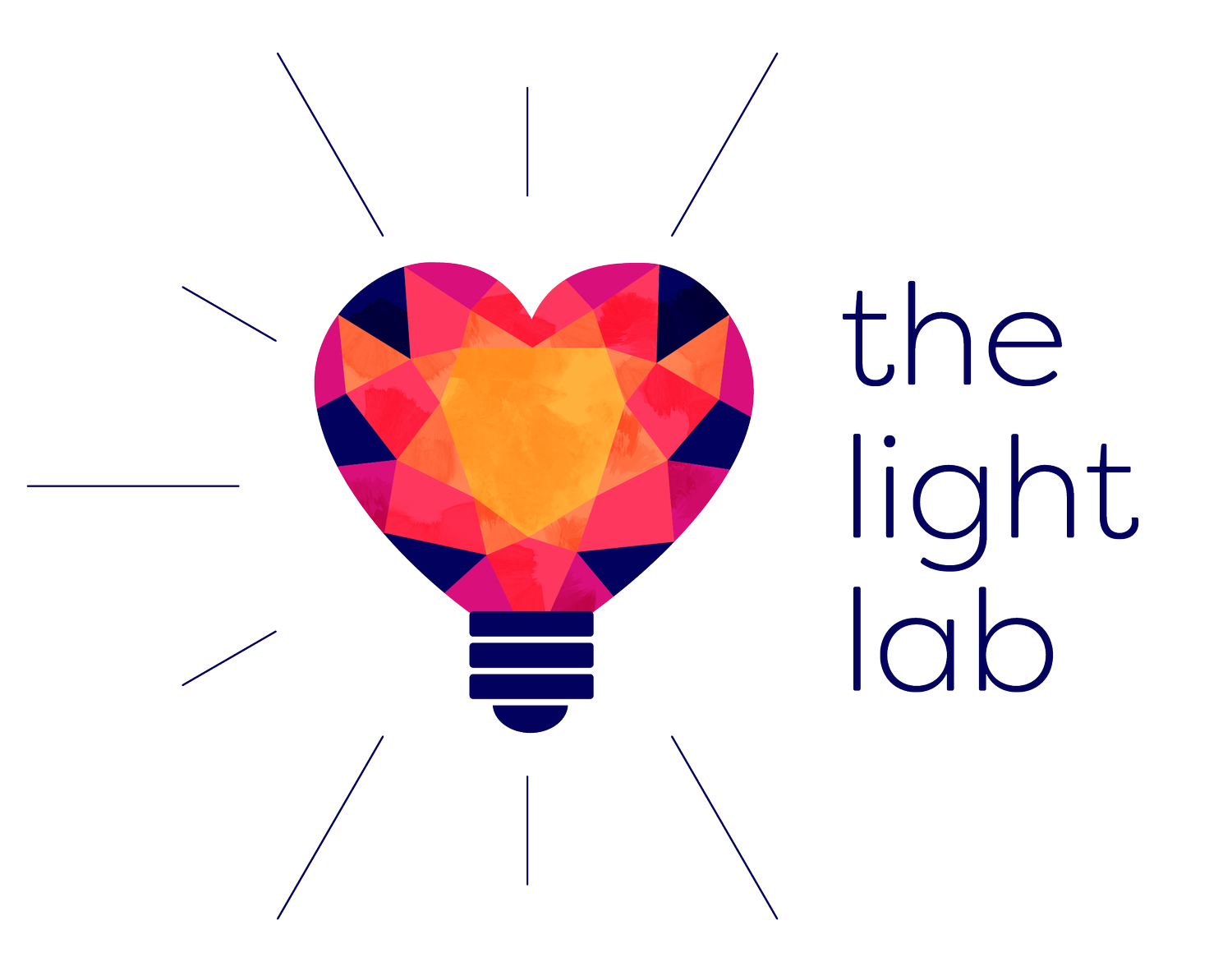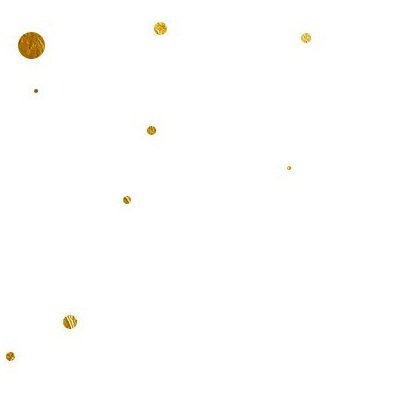Episode 5: Thanks-Giving (Modim Anachnu Lach)
Listen Now
Thanks-Giving
It’s time for thanks-giving! Eliana, Ellen, and Josh explore the gratitude prayer of the Amidah, Modim Anachnu Lach. We nerd out on Jewish-people-monikers, intertext, and gematria (numerology,) plus share our favorite melodies and Thanksgiving traditions. What a great excuse for gratitude!
Join our new Facebook group to discuss all things T’fillah and T’fillah education here!
Our opening question: What are some favorite Thanksgiving rituals, past or present?
(7:21) Modim Anachnu Lach – מודים אנחנו לך – means “we are grateful/in acknowledgement before You.” These are the first three lines of the part of the Amidah we’ll be focused on in this episode.
(7:27) The Amidah – עמידה – which literally translates as “the standing prayer”, is a particularly holy section of our service, so much so that we recite it at least 3 times every day. It is one of our most ancient codified prayers. While the middle of the Amidah changes from weekday to Shabbat to holiday, the beginning and ending sections remain the same, including this one,
הודאה – hoda’ah – gratitude.
(7:29) In Hebrew, words are derived from root words, and the root – שורש – shoresh – oftentimes gives us a clue about what the word means. Modim – מודים and הודאה – hoda’ah both share a root with מודה – modeh, which means gratitude and acknowledgement.
(7:43) The Talmud is the central text of rabinnic Judaism, comprising of laws, stories, and discussions.
(8:06) HaTefillah – התפילה – The Prayer. This is how the rabbis in the Talmud refer to the Amidah because of its importance and holiness.
(8:23) I Chronicles 29:13:
וְעַתָּ֣ה אֱלֹהֵ֔ינוּ מוֹדִ֥ים אֲנַ֖חְנוּ לָ֑ךְ וּֽמְהַלְלִ֖ים לְשֵׁ֥ם תִּפְאַרְתֶּֽךָ׃
Now, g?d, we praise You and extol Your glorious name.
(Translation from Sefaria)
(9:23) Josh discusses how there are two versions of Modim Anachnu Lach, one said by the leader, and the other said by the congregation at the same time.
Here is the first:
מודִים אֲנַחְנוּ לָךְ. שָׁאַתָּה הוּא ה’ אֱלהֵינוּ וֵאלהֵי אֲבותֵינוּ לְעולָם וָעֶד. צוּר חַיֵּינוּ. מָגֵן יִשְׁעֵנוּ אַתָּה הוּא לְדור וָדור: נודֶה לְּךָ וּנְסַפֵּר תְּהִלָּתֶךָ עַל חַיֵּינוּ הַמְּסוּרִים בְּיָדֶךָ. וְעַל נִשְׁמותֵינוּ הַפְּקוּדות לָךְ. וְעַל נִסֶּיךָ שֶׁבְּכָל יום עִמָּנוּ. וְעַל נִפְלְאותֶיךָ וְטובותֶיךָ שֶׁבְּכָל עֵת. עֶרֶב וָבקֶר וְצָהֳרָיִם: הַטּוב כִּי לא כָלוּ רַחֲמֶיךָ. וְהַמְרַחֵם כִּי לא תַמּוּ חֲסָדֶיךָ. מֵעולָם קִוִּינוּ לָךְ:
Modim anachnu lach. Sheata hoo Adonai eloheinu ve’elohei avoteinu leolam vaed. Tzur chayeinu. Magein isheinu ata hoo ledor vador. Nodeh lecha u’nesaper teheelatecha al chayenu hamesoorim beyadecha. Ve’al nishmoteinu hapkudot lach. Veal neesecha shebechol yom eemanu. Veal neefleotecha vetoovecha shebechol et. Erev vavoker vetzaharayim. Hatov ko chalu rachamecha. Vehamrachem ki lo tamu chadadecha. Meolam kivinu lach.
We gratefully acknowledge that You are Adonai, our g?d and the g?d of our ancestors for all eternity. You are the Rock of our lives and the Shield of our salvation from generation to generation. We shall thank You and declare Your praise—for our lives which are in Your hand, for our souls which are in Your care, for Your miracles that are with us every day and for Your wondrous deeds and favors at all times: evening, morning and noon. O Good One, whose mercies never fail, O Compassionate One, whose kindnesses never cease: forever do we put our hope in You.
(Translation from Sim Shalom Siddur)
Here is the second:
מודִים אֲנַחְנוּ לָךְ. שָׁאַתָּה הוּא ה’ אֱלהֵינוּ וֵאלהֵי אֲבותֵינוּ. אֱלהֵי כָל בָּשר. יוצְרֵנוּ יוצֵר בְּרֵאשִׁית. בְּרָכות וְהודָאות לְשִׁמְךָ
הַגָּדול וְהַקָּדושׁ. עַל שֶׁהֶחֱיִיתָנוּ וְקִיַּמְתָּנוּ. כֵּן תְּחַיֵּנוּ וּתְקַיְּמֵנוּ. וְתֶאֱסוף גָּלֻיּותֵינוּ לְחַצְרות קָדְשֶׁךָ. לִשְׁמור חֻקֶּיךָ. וְלַעֲשות רְצונֶךָ. וּלְעָבְדְךָ בְּלֵבָב שָׁלֵם. עַל שֶׁאֲנַחְנוּ מודִים לָךְ. בָּרוּךְ אֵל הַהודָאות:
Modim anachnu lach. Sheata hoo Adonai eloheinu velohei avoteinu. Elohei chol basar. Yotzreinu yotzer bereshit. Brachot vehodaot lesheemcha hagadol vehakadosh. Al shehecheetanu lekayamtanu. Kel techayenu vetekaymenu. Vete’esof galuyoteinu kechatzrot kodshecha. Lishmore chukecha. Vela’asot retzoncha. U’leovdecha belevav shalem. Al sheanachnu modim lach. Baruch el hahodaot.
We proclaim that You are the Lord our g?d and g?d of our ancestors. Creator of all who created us, g?d of all flesh. We praise You and thank You for granting us life and sustaining us. May You continue to grant us life and sustenance. Gather our dispersed to Your holy place, to fulfill Your mitzvot and to serve You wholeheartedly, doing Your will. For this we shall thank You. Praised be g?d whom thanksgiving is due.
(Translation from Sim Shalom Siddur)
(9:41) Masechet Sotah – מסכת סוטה – is a section of the Talmud.
(10:10) In Judaism, we have many names for g?d. Here are the ones Josh mentions:
יוצר בראשית – Yotzer Bereshit- Former of Creation
אל הברכות – El Habrachot- The g?d of blessing
אל ההודאות – El Hahodaot-The g?d of Gratitude
(12:18) Eliana mentions a discussion in last week’s episode. You can listen to Episode 4 here!
(12:27) You can read Rabbi Adam Zagoria-Moffet’s Dvar Tefillah here
(14:09) You can purchase the My People’s Prayerbook series here.
(14:22) יהודים – Yehudim – the Hebrew word for Jews, and מודים – modim – gratitude, share the same root with מודה – modeh. Yes, this is the same root word from earlier!
(15:11) Some other names for Jews are עברים – Ivrim – Hebrews, and בני ישראל – B’nei Yisrael – children of g?d-wrestlers. Stay tuned for an episode exploring more about our name!
(16:40)
צוּר חַיֵּינוּ – Tzur Chayenu – The rock of our lives
מָגֵן יִשְׁעֵנוּ – Magein Isheinu – Our Protector, our Savior
אֱלהֵי כָל בָּשר – Elohei Chol Basar – The g?d of all flesh
יוצְרֵנוּ – Yotzreinu – Our Creator
יוצֵר בְּרֵאשִׁית – Yotzer Bereshit – The Creator of creation
הַמְרַחֵם – Hamerachem – The Merciful One
(18:47)
קִוִּינוּ – Kivinu – hope for – comes from the same root (shoresh) as התקווה – Hatikva – The Hope, which is the name for Israel’s national anthem.
(19:11)
מודה אני – modeh ani – and modim anachnu lach – מודים אנחנו לך are the same expression, but in the singular and then in the plural.
(19:35)
נִסֶּיךָ שֶׁבְּכָל יום – nisecha shebechol yom – the everyday miracles
ברכות השחר – birkot hashachar – is a set of blessing said at the beginning of the morning service. In it, we express thanks to g?d for being able to wake up and get ready for our day.
(20:17)
פסוקי דזמרה – Pesukei Dezimra – is a set of preliminary morning blessings that prepare us for prayer. Learn more here.
(20:38)
ויברך דוד – Vayevarech David – is a prayer that appears towards the end of פסוקי דזמרה – Pesukei Dezimra. It’s a prayer in which we thank g?d using the words of King David. You can read the full prayer here.
(20:53)
לְךָ יְהֹוָה הַגְּ֒דֻלָּה וְהַגְּ֒בוּרָה וְהַתִּפְאֶֽרֶת וְהַנֵּֽצַח וְהַהוֹד
Lecha Adonai hagedulah vehagevurah vehatiferet vehanetzach vehahod
Yours holy one, our greatness might splendor triumph and majesty.
(Eliana’s translation)
This line comes from ויברך דוד – Vavevarch David, and is more widely known as a song we sing while parading the Torah around the congregation.
You can find Jackson Mercer’s version of this song here.
(21:24)
וְעַתָּה אֱלֹהֵֽינוּ מוֹדִים אֲנַֽחְנוּ לָךְ וּמְהַלְלִים לְשֵׁם תִּפְאַרְתֶּֽךָ
Veata Eloheinu modim anachnu lach u’mehalelim leshem tifartecha
Now, Holy One, we praise You and extol Your glorious Name.
(Eliana’s translation)
(21:53) I Chronicles 29:14
וְכִ֨י מִ֤י אֲנִי֙ וּמִ֣י עַמִּ֔י כִּי־נַעְצֹ֣ר כֹּ֔חַ לְהִתְנַדֵּ֖ב כָּזֹ֑את כִּי־מִמְּךָ֣ הַכֹּ֔ל וּמִיָּדְךָ֖ נָתַ֥נּוּ לָֽךְ׃
Vechi mi ani oomi ami ki natzor koach legitnadev cazot ki memecha hakol umidecha netanu lach.
Who am I, and who are my people, that we should have the means to make such a free will offering but all is from You, and it is your gift that we have given to You. (Eliana’s translation)
(22:25) You can find The Gift by Lewis Hyde here.
(23:08) You can find Mere Christianity by C.S. Lewis here
(25:09) You can find The Book of Letters by Rabbi Lawrence Kushnere here.
(25:31) A sofer – סופר – is a person who’s trained in hebrew calligraphy and who writes holy texts, such as Torah scrolls and mezuzot.
(25:52) מלכה – melacha – means work. מנוחה – menucha – means rest.
(25:46) You can follow along with Josh’s gematria explanation with this helpful chart:
(27:38)
מקום – Makom – is a name for g?d, and also means The Place.
קו – kav – means line.
(29:58) You can explore more of Victoria Hanna’s work here.
(30:11) ספר יצירה – Sefer Yetzirah – The Book of Formation – is our earliest mystical Jewish text. You can find it here.
(31:39) מים – mayim – is the Hebrew word for water.
(33:47) זכרונה לברכה – zichrona livracha – means may her memory be for a blessing. You may have seen this abbreviated as Z”L or ז”ל.
Our favorites melodies:
Ellen’s Pick- Modim Anachnu Lach by Cantor Rosalie Will and Julie Silver
Josh’s Pick- HaTov by Yonatan Razel
Eliana’s Pick- Modim Anachnu Lach by Beth Schafer
(36:39) Eliana hosts a J-Kids radio show called Way to Grow – check it out here.



